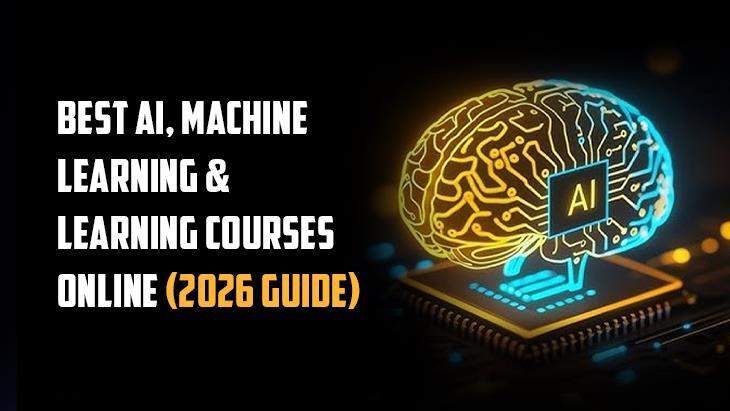Machine learning is an exciting field that has been growing rapidly over the past few years. With the increasing demand for machine learning skills, there has never been a better time to start learning about this field. In this article, we'll provide some tips on how to get started with machine learning.
1) Learn the Basics of Mathematics and Statistics
To understand the concepts of machine learning, you need to have a strong foundation in mathematics and statistics. Some of the essential topics you should learn include calculus, linear algebra, probability theory, and statistics. It's essential to understand these topics because they form the foundation of most machine learning algorithms.
2) Understand Programming
Another critical skill to learn is programming. You'll need to learn how to code in at least one programming language. Python is a popular language for machine learning, but other languages such as R or Java can also be used. You should focus on learning programming concepts such as loops, data structures, functions, and algorithms.
3) Familiarize Yourself with Machine Learning Libraries and Frameworks
There are many machine learning libraries and frameworks available that you can use to implement machine learning algorithms. Familiarizing yourself with these libraries can help you become more productive in your work. Some popular libraries and frameworks include scikit-learn, TensorFlow, Keras, and PyTorch. It's essential to understand the strengths and weaknesses of these libraries and frameworks and choose the one that best fits your needs.
4) Learn Machine Learning Algorithms
Once you have a good understanding of mathematics, statistics, programming, and machine learning libraries and frameworks, you can start learning machine learning algorithms. There are many algorithms you can learn, such as regression, classification, clustering, and reinforcement learning.
It's essential to understand how each algorithm works, when to use them, and the strengths and weaknesses of each algorithm. You can find many online courses and tutorials that cover these topics.
5) Practice with Real-World
Data To become proficient in machine learning, you need to practice with real-world data. There are many publicly available datasets that you can use to practice your skills, such as the MNIST dataset for image classification or the Iris dataset for classification.
You can also create your datasets by collecting data from various sources, such as web scraping or data from APIs. Practicing with real-world data will help you gain practical experience in data cleaning, data preprocessing, feature engineering, and model evaluation.
6) Participate in Competitions
Participating in machine learning competitions can be a great way to practice your skills and learn from other experts in the field. Kaggle is a popular platform for machine learning competitions where you can compete with other data scientists to solve real-world problems.
You can also participate in hackathons, conferences, and meetups to connect with other data scientists and learn from their experiences.
7) Keep Learning and Stay
Up-to-Date Machine learning is a rapidly evolving field, and new algorithms, libraries, and frameworks are constantly being developed. It's essential to stay up-to-date with the latest trends and advancements in the field.
You can stay up-to-date by reading research papers, attending conferences, participating in online forums and communities, and following experts in the field on social media.
In conclusion, learning machine learning can be challenging, but with the right mindset and approach, anyone can become proficient in this exciting field. By following these tips, you can start your journey towards becoming a skilled data scientist and make meaningful contributions to the field of machine learning.





Leave a reply